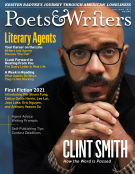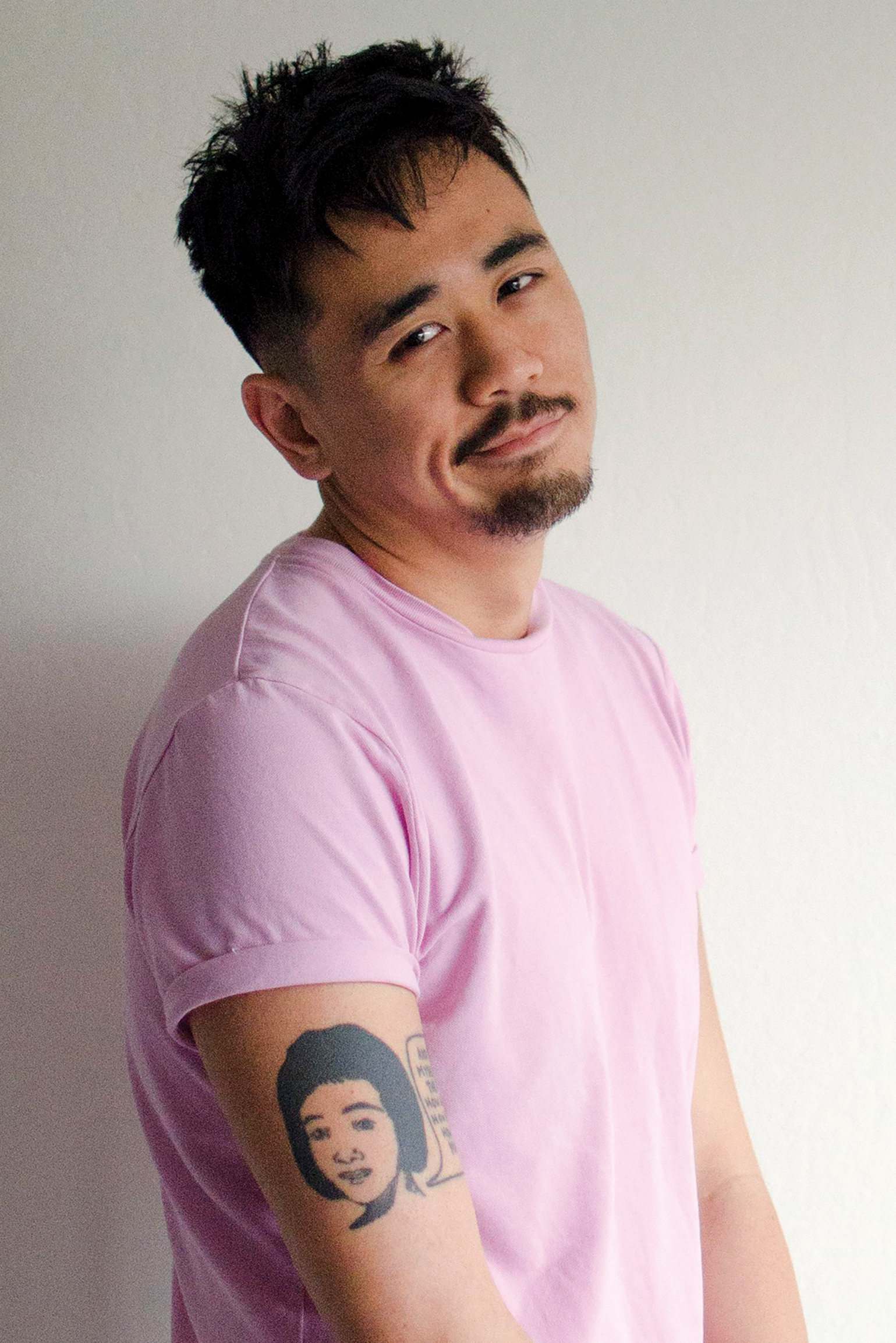Afterparties
Anthony Veasna So
Dealing with customers, I usually called Dad the owner, or the main smog technician if we needed to sound legit, but as a kid, I had always considered him just another Cambodian mechanic—a stereotype, one who’d pinched enough pennies to open his own car repair shop. The summer after college, I felt like a real dumbass for having thought so little of Dad, but in my defense, that was what Cambo men did. They fixed cars, sold donuts or got on welfare.
At least according to Doctor Heng’s wife, who always, regardless of whether her car needed repairs or not, nosed her way into the waiting room of the Shop. Back in our refugee days, when Cambos had just come to California, only her husband had stayed in school long enough to do something legitimate with his life, like become a doctor. She spoke about her husband’s virtues a ton at the Shop, especially after I’d graduated, failed to get a job with my Symbolic Systems degree —a concentration meant for coders not smart enough for the actual hardcore stuff—and moved back home to California from the Midwest. Her hair done up into a misshapen lump, makeup a shade too light, Doctor Heng’s wife would materialize out of nowhere, swinging the sleeves of yet another floral silk blouse, then plop herself in front of the air conditioner and say things like, ‘My husband, Doctor Heng, he never looks up a thing when he diagnoses a patient. He is so much smarter than other men. He remembers everything.’
One day, when I’d just started working at the Shop again, Doctor Heng’s wife went on a tirade about how lazy guys were in my generation. ‘What is wrong with you boys!’ she was saying. ‘Not one Cambodian man since my husband, Doctor Heng, has become a doctor here in America, not even those born with citizenship! My generation came here with nothing. We escaped the communists. So what are boys like you doing?!’
I was busy handling a customer who was getting impatient about his car. ‘Let me consult the main smog technician,’ I said to him, trying my best to communicate through my expression that Doctor Heng’s wife was harmless, despite her tone, and despite her aggressive hair.
When the customer stepped outside to take a phone call, Doctor Heng’s wife approached the counter, then reached over and whacked me on the head with a rolled-up magazine. ‘Why did you not become a doctor?’
She tried whacking me again, but I stepped out of her reach. ‘Ming, please stop,’ I said. ‘Violence will not solve our problems, and neither will the model minority myth.’
‘Useless big words,’ she scoffed. ‘That is all you learned going to college.’ I laughed. It was hard to argue with her.
No one knew why Doctor Heng’s wife came around so much, not even Mom and her gossipy friends, but it had been happening ever since Dad first opened the Shop. It happened when I was eleven and Brian and I took turns depositing checks at the bank across the street, which dumbasses tried robbing so often it was later replaced by a Church’s Chicken. It happened when I was seventeen and studying for the SATs while customers muttered passive aggressive things to Dad for raising his prices. And it happened when I moved back home and started hanging around the Shop, not because Dad paid me—why would I get paid when Dad was already supporting me? —but simply because I had nothing better to do.
Brian thought that Doctor Heng’s wife must have fallen in love with Dad when she was younger, only to lose all hope when Dad married Mom in an instant. Following this logic, Doctor Heng’s wife visited the Shop every day in order to rub it in Dad’s face that her life had turned out better than anyone could have imagined—with her Lexus and her Omega watches and her Louis Vuitton bags smelling of fresh leather, all of them so giant I swore they’d gained consciousness and could swallow me whole, were I to transgress their master.
Who knows? Maybe Brian was right. Though Dad couldn’t have cared less. He barely acknowledged Doctor Heng’s wife half the time, nor anyone else who wasn’t a customer. Most of his day he spent fixing the mistakes his guys made—a transmission misdiagnosed, an alignment over-rotated, a customer’s car interior smudged with oil because one of the guys had forgotten to lay a clean protector sheet on the driver’s seat. Dad was a real softie for his fellow Cambo men. He had hired as many friends as he could, way more than the Shop could actually afford, and let them get away with anything. It was a beautiful enterprise, no matter how flawed, the way Dad sustained so many people, a whole ecosystem, both in terms of providing a service to the neighborhood and also providing twelve Cambo men with jobs. He even paid some of them under the table so they could qualify for welfare, but only the ones with kids. Dad’s epic tolerance for his guys was actually how we got in trouble in the first place. I mean, how we got in trouble when I worked at the Shop full-time, as an adult of sorts. By no means was this the first time the Shop had been in deep shit.
Anyway, towards the end of July, Ohm Young left the keys in the ignition of a customer’s car after test-driving it. Technically, he was the assistant manager but he didn’t do much assistant managing, and he’d parked the car in the lot next to the Shop, where we left the cars that were all done, right out in front of the tiny hair salon that also functioned as a massage parlor and full service mani-pedi spa, not to mention being the only decent place to buy coconut rice wrapped in banana leaves. The next morning the car was gone.
‘Ahhhh, sorry boss,’ Ohm Young said. ‘I do not know what happened.’ He shrugged, as Dad, shocked into a stupid awe, processed his assistant manager’s feat of nonchalance.
‘What do you mean you do not know what happened?’ cried Doctor Heng’s wife, who was of course there to witness this exchange. ‘You lost a car! Not a piece of car. An entire CAR!’
‘Alright, alright, it is okay.’ Dad said, reassuring everyone in the waiting room, except himself, because he looked as if he was about to throw up. ‘Toby,’ he said then, turning to me, ‘go look for the car. Please, oun, okay?—just do it.’
It was a near-impossible task, contingent on the idea, I imagined, that some drunken homeless man had stumbled into the car and taken it for a joy ride around the block, which, in fact, had happened once, years before. The homeless man was named Ace, and he returned the car himself, walking right up to the counter and handing Dad the keys like the Shop was a rental company. A younger version of myself would have resisted Dad’s request—how many good-natured Aces did he think existed in the world?—but I couldn’t hold it against him for wanting to try, for clinging onto a shred of hope that everything might be okay, that the worst parts of his life were over, so nothing happening now could be that bad.
From Afterparties: Stories by Anthony Veasna So. Copyright 2021 Ravy So and Alexander Gilbert Torres. Excerpted by permission of Ecco, an imprint of HarperCollins. Audiobook narratored by Jason Sean.
(Photo: Chris Sackes)









